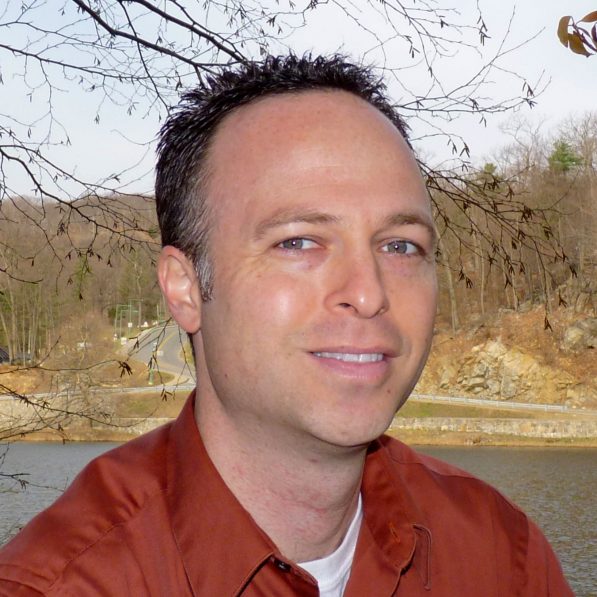A Toolkit for Climate Policy-Making
By: Alec Masella
February 5, 2018

Climate scientist Dr. Adam Kalkstein will teach a graduate course on Climate Change Policy for Virginia Tech’s Master of Natural Resources (MNR) program during the upcoming 12-week Summer 2018 term, which begins on May 21st.

While Dr. Kalkstein’s other course, Climate Change Science, focuses on human influences and impacts that lead to climate change, Climate Change Policy is a deep dive into international, national, and sub-national institutional responses, including the United Nationals Framework Convention on Climate Change, the Kyoto Protocol, U.S. climate policymaking under the Clean Air Act, as well as state and regional initiatives.
Kalkstein sees the Climate Change Policy course as an ongoing dialogue. This approach allows students to participate and prepare themselves for real policy decision-making, which is always molded by the perspectives of many interested parties representing many goals and interests, often conflicting.
Like so many courses in the MNR curriculum, this course relies on students’ diverse backgrounds and perspectives to drive robust, high-level conversations about complex subjects.
The students are incredibly diverse and I love that. Adam Kalkstein
For example, geoengineering — the deliberate and somewhat controversial technique of large-scale intervention in the Earth’s natural systems in an attempt to counteract climate change — is a favorite topic of discussion for Kalkstein and his CLIMATE CHANGE POLICY students because it merges seemingly futuristic technology with interdisciplinary decision-making; that’s a recipe for dynamic, nuanced conversation. Kalkstein encourages students to have an open mind so they can to learn from and encourage each other.

“The students are incredibly diverse and I love that… they bring about a tremendous amount of expertise,” Kalkstein explains. “The environmentalists can talk about environmental stakeholders, students with experience in government can talk about policy ramifications, and the political scientists can talk about mass influence.”
An innovative and successful component of Kalkstein’s class is an approach he refers to as Book Club. “I’ve done everything to make this course as interactive as possible, so we create different book clubs in the course. Each group will read a different book focusing on climate change and then have a conference call about it.” Assignments like Book Club emphasize the sharing of ideas that must take place before, during, and even after policies are executed if they are to be successful.
Besides gaining valuable knowledge about existing climate policies, students complete the course with the tools needed to think independently and holistically about local and global policy-making.
“It’s unfortunate, Kalkstein notes, “that politics have hijacked climate change issues. Instead, we need to focus on which policy can be put in place to efficiently solve a problem — we need to make solutions.”

---

Virginia Tech class of 2017. Alec Masella was awarded a BA in Literature and Language from Virginia Tech ins 2017. His undergraduate studies focused on multimedia design and communication, including creative content, technical writing, and branding. He currently works with the creative marketing and digital strategy team for the Virginia Tech University Libraries, as well as holding two freelance multimedia and writing positions with VT’s College of Natural Resources (Center for Leadership in Global Sustainability) and College of Engineering.


